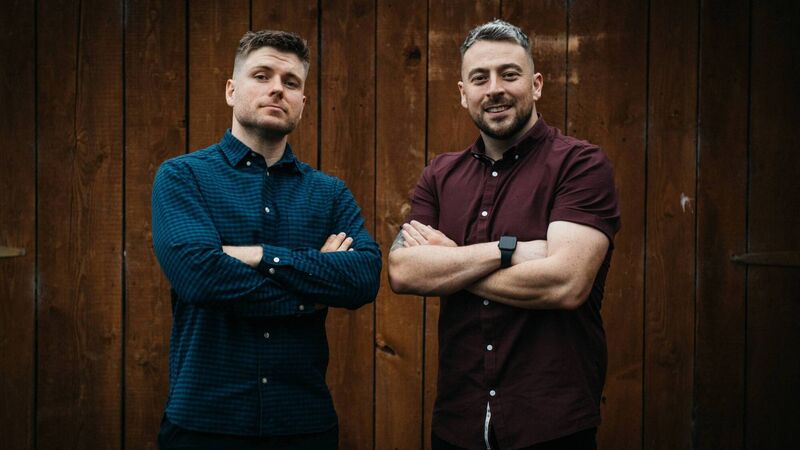Online support group launched for victims of catfishing

The 2 Johnnies revealed in podcasts that a serial catfisher was in contact with more than 30 men, including host Johnny B O’Brien. Picture: Ruth Medjber
A mental health charity has launched an online support group for people who have been victims of so-called 'catfishing'.
It follows a series of widespread conversations surrounding the topic, sparked by the recent release of part three of the 2 Johnnies GAA catfish saga in Ireland.













